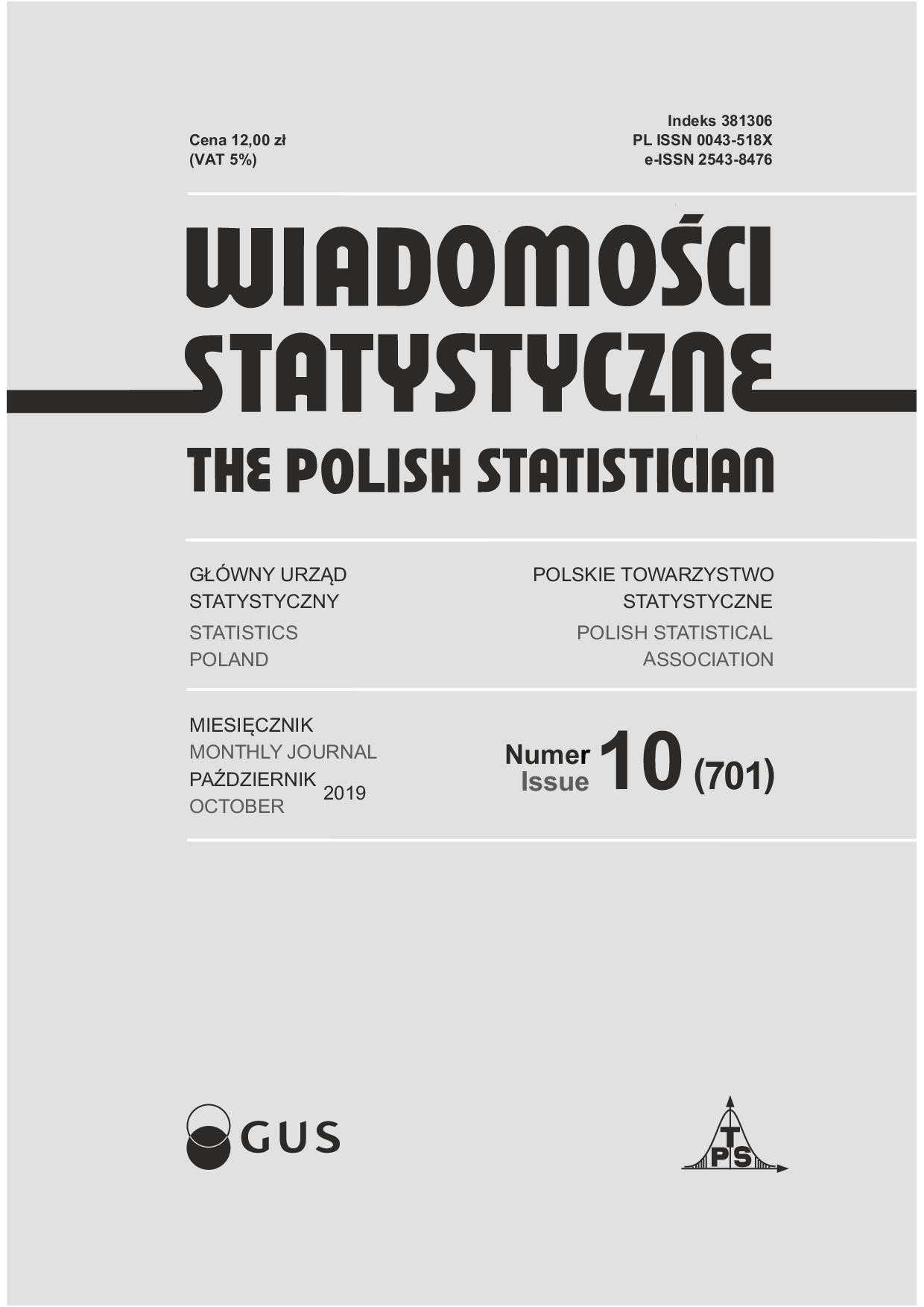Impact of joint-stock companies’ financial condition on real activities manipulation to manage earnings
Impact of joint-stock companies’ financial condition on real activities manipulation to manage earnings
Author(s): Sergiusz HermanSubject(s): Economy, Business Economy / Management, Financial Markets, Socio-Economic Research
Published by: Główny Urząd Statystyczny
Keywords: joint-stock companies; earnings management; financial condition; real activity manipulation
Summary/Abstract: The aim of the paper is both to determine whether joint-stock companies in poor financial condition undertake real activities manipulation to manage earnings, and to investigate the potential relationship between the scope of real activities manipulation and business fields in which these companies are operating. The database of the Notoria Serwis company and panel data models were used for the purpose of the study. In order to measure the scale of real earnings manipulation, the author adopted Roychowdhury’s methodology, focusing on the manipulation of sales, production costs and discretionary expenses. The study examined a sample of non-financial joint-stock companies listed on the Warsaw Stock Exchange in the period 1998–2016, and was based on 1493–1669 observations. The results demonstrated that companies in poor financial condition undertake actions to manage earnings. Managers manipulate sales volumes and reduce levels of discretionary expenses. The intensity of those actions depends on the type of business activity of a given company.
Journal: Wiadomości Statystyczne. The Polish Statistician
- Issue Year: 64/2019
- Issue No: 10
- Page Range: 36-52
- Page Count: 17
- Language: English

